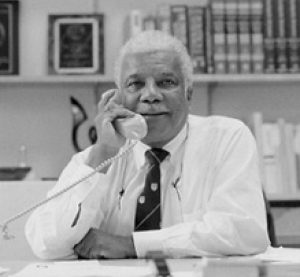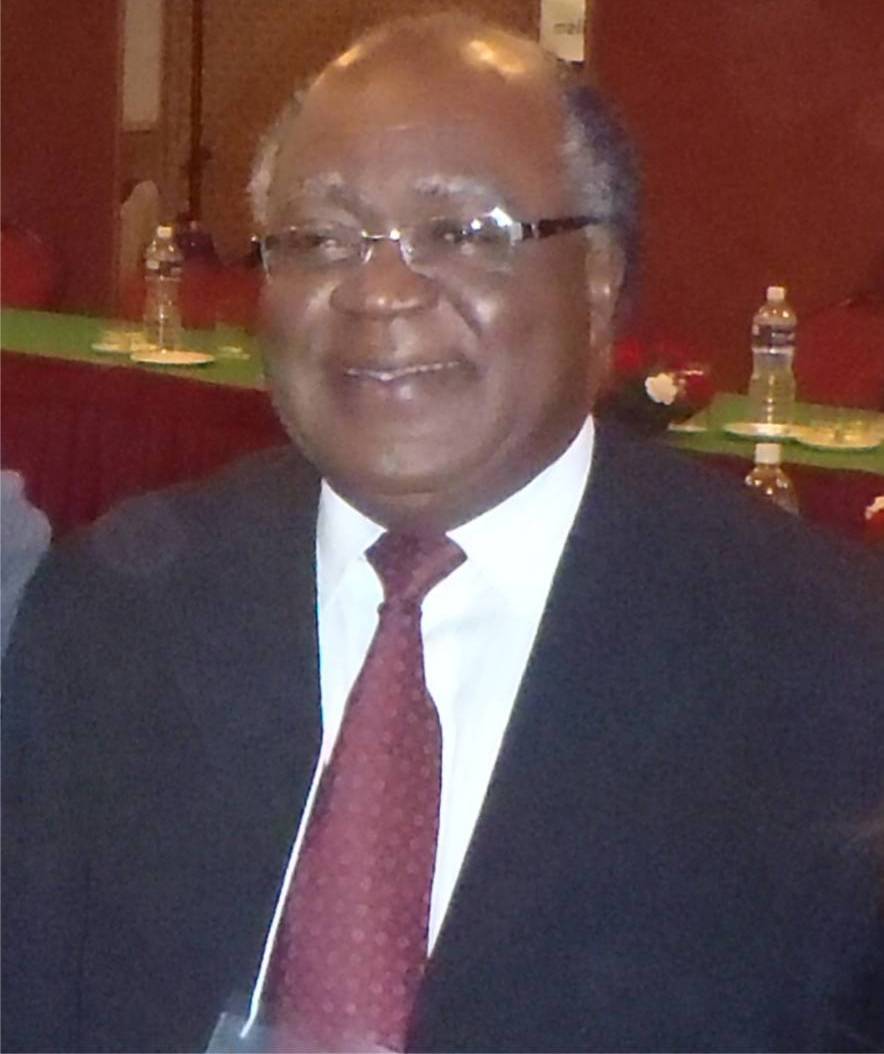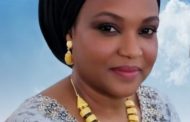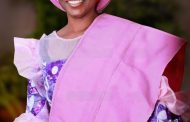By Prof Hassan A. Saliu
Prof. Jonah Elaigwu, 76, is one of our elders in the field of Political Science. He obtained his B.Sc in Political Science in 1971 from the Ahmadu Bello University, Zaria. He attended the Stanford University, California, USA for his MA and Ph.D in Political Science, completing a PhD in 1975. He returned to Zaria, his Alma Mata, in the same year as a lecturer. He crossed over to the University of Jos in 1979 as a Senior Lecturer to establish the Department of Political Science in the University. Prof. Elaigwu was pronounced a full Professor at the University of Jos in 1983 and stayed around for about a decade thereafter before he voluntarily retired ahead of the mandatory age/year of retirement. He is involved in most aspects of Political Science, judging by his diverse engagement but he has made much of his impact in the area of Comparative Politics. His often-cited books: The Politics of Federalism in Nigeria (2007), The Shadow of Religion on Nigerian Federalism (1993), among others, are from that branch of Political Science.
One unique thing about him is that he dramatises his teaching of the discipline with some gesticulations and measured movements around the hall when the circumstances permit. In terms of the school of thought he belongs to in scholarship, he is a rigorous liberal scholar with a belief in power realism. All these traits, in my view, often make him a much sought-after scholar of politics in Nigeria. He can make obviously serious issues to appear lighter by cracking relevant jokes which are backed up with gesticulations and laughter for effect.

Prof Ali Mazrui, Elaigwu’s friend and fellow icon in words minting
I recall an encounter I had with him at the then National War College, Abuja in 1998 when I was invited for an interview. Prof. Elaigwu was a member of the Panel that interviewed me. At the interview, I got about two red cards. One of them came from the Director I was to work under if appointed. As soon I entered the room for the interview, the Director fired the first salvo. He had posed a question: “Dr. Saliu, I had observed that you bagged your first degree about 11 years ago, how then did you have a long list of publications?’’ The question was a bit embarrassing to me but I managed to answer it. The second red flag came from the Chairman of the Panel, the late Prof. Tekena Tamuna who had said: “Dr. Saliu, based on your curriculum vitae, you were already a professorial material. So, it would be better for you to stay at UNILORIN and be decorated as a Professor.’’ The late Major General Charles Ndiomu, who was the Provost of the Centre asked a follow up question: “Why did you want to cross to the War College? He continued: “The highest rank we could give to you here is a Senior Research Fellow. It would be better for you to stay at Ilorin as advised by the Chairman of this interview Panel.’’ A soothing balm, however, came from Prof. Elaigwu who turned to the Chairman of the Panel and asked him a question: “ Prof. Tamuno, you were the doyen of academics in Nigeria, could you recall the time you had a long list of on-going and completed research works during your growing up years like this young man.’’ The Chairman answered in the negative. I did not get to know what transpired afterwards but the letter of appointment never came to me after the interview notwithstanding being told that I did very well at the interview.

The latest from Elaigwu at the moment but who knows what Elaigwu might be up to as far as another book soon is concerned?
The celebrant of today is a big fish whose course of history cannot be captured in one piece because he is a man of many parts. He is not a local champion (pardon the common Nigerian phrase) as he has had course to avail his services to the global scene. For instance, he was a member and later, the Chairman, Board of Trustees of United Nations Institute for Training and Research (UNITAR), 1991-1992 and 1992-1993.
There cannot be a dull moment with Prof. Elaigwu. He is a man who is full of ideas that suit any environment he finds himself. For instance, in 2001, I was invited by DFID to Abuja to participate in a programme. Among other participants at the event were Profs. Ayoade, Elaigwu, Utomi and others. Prof. Elaigwu, in his characteristic manner, lightened up the hall with his usual jokes and banters that he threw at Prof. Ayoade, a fellow Political Scientist, coupled with relevant examples he cited on the job at hand.
Like most people of his generation, he has acquired a significant level of experience in the practical art of governance, which peaked under the Babangida regime. He was virtually everywhere helping the administration in carrying out one assignment or the other. I was, as a youth corps member in 1988, witness to a delegation he led to Ankpa Local Government Area which was then part of Benue State on assessment of the activities of DFRRI established by the Babangida regime to accelerate the level of development in rural Nigeria. He was later appointed by the same regime as the pioneer Director-General of the defunct National Council on Inter-governmental Relations in Abuja from 1992-1996. Before that, he was a member of the Presidential Advisory Committee in Nigeria from 1986-1992. Little surprise, he is generally referred to as one of the Babangida boys who provided the intellectual support to his regime.
As I remarked in my tribute last year, Prof. Elaigwu is a known face at the National Assembly, especially under the Speakership of Aminu Tambuwal, who is now a Senator. On one of such occasions, he was at NASS for public assessment of the performance of the House of Representatives specifically on its Legislative Agenda. After his usual displays characterized by a lot of drama, he gave the session a B grade for the level of implementing its Legislative Agenda. This score was, however, contested by some other persons based on what the arm of the legislative house had left undone in strengthening democratic governance in the country. As part of his tradition, Prof. Elaigwu got the session apprehensive as his award of score/grade was preceded by plenty of drama and knocks for the House on certain developments that, at a point, made the members to start thinking that he would give the Legislative Agenda a failed score. Contrary was, however, the case as the assessment eventually ended in the grade awarded that drew applause from members, especially the leadership of the House.
He is a mentor who has raised a number of Political Scientists who have become highly resourceful in their own right. This author was once a beneficiary of his mentorship when he invited me in 2001 to Calabar to attend a programme that was organised by his Institute of Governance and Social Research, Jos.
Prof. Elaigwu is a crusader for democracy. In most of his writings, he has shown a preference for democracy by urging the military to stay in their natural habitat, the barracks and allow the civilians to handle the task of political governance. Only a few years ago, he came out with a book titled: Between Ballot Box and Barracks in Africa: Prospects of Enduring Democracy in Nigeria where he elegantly voted for democracy and generally considered military rulers as bad physicians who have worsened the Nigerian conditions, not minding his location in the corridors of power under successive military regimes in Nigeria and the fumbling nature of the country’s democracy.
Like every other Political Scientist, he, no doubt, has his worries about Nigeria’s democracy but he is optimistic that the country will soon get it right and become an exemplar in democracy. He is equally a notable voice speaking against the kind of federalism being practiced in the country that has created a stunted growth for the nation. In his view, therefore, one development needed to change the landscape of Nigeria’s underdevelopment is to return the country to the path federalism from pseudo-federalism that is well-entrenched in the country.
On behalf of the exco of our union, I congratulate one of our ancestors for adding yet another year to his age. He is a notable Political Scientist, who has made valuable contributions to the development of our discipline, a mentor, biographer, wordsmith, an inspirational teacher, who is known to have introduced a unique style in his engagement with the discipline of Political Science and above all, a man with a considerable level of experience in the mix of theory with praxis of politics, informed by his long stay in the corridors of power both at official and unofficial levels. Perhaps, this consideration made former President Muhammadu Buhari to send him a birthday message when he clocked 74 in 2022.
Congratulations sir, and many happy returns!
The author presides over the Nigerian Political Science Association (NPSA)





























1 Comments
HRM Daniel Shaga Ismaila, CON
Congratulations to Prof. Elaigwu, a man of vision, truth and courage.